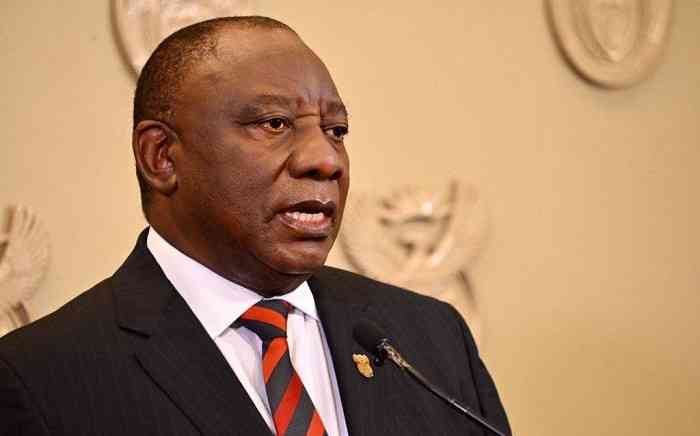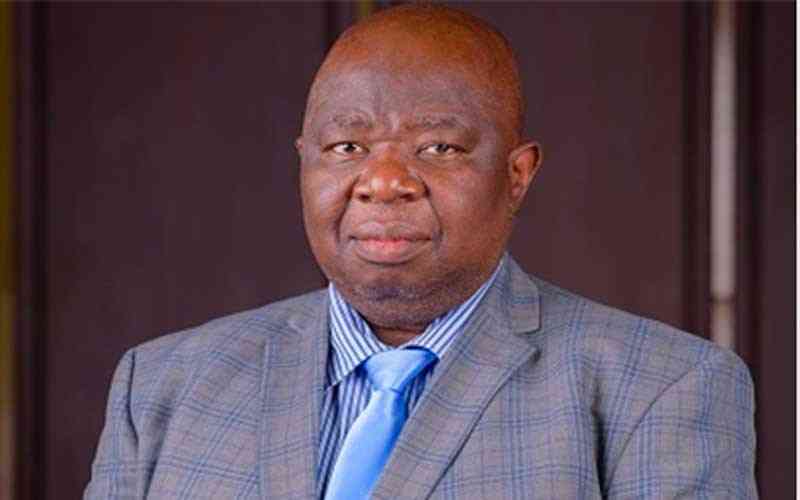
IT has been a busy week for political parties in South Africa as they try to find coalition partners after the May 29 election results showed no outright winner. The next government will have to be a coalition no matter what terms they decide to use.
By the end of last week, the African National Congress (ANC) had suggested the idea of a national unity government that brings all major parties into the government. Pro-African political parties have so far scoffed at the proposal as they see that as a way of bringing the Democratic Alliance (DA) into government. Despite being the official opposition party, the DA is still viewed by many black South Africans as representing apartheid interests.
While the political horse-trading continues, time is ticking away and a government must be formed by next week as per their Constitution. Jacob Zuma and his uMkhonto weSizwe party have allegedly threatened to boycott the first sitting of Parliament unless certain conditions were met. This may disrupt or paralyse the work of Parliament including the election of a president.
While these developments are unfolding, perhaps it may be a moment to reflect on how South Africa got itself into this mess — one that may end up requiring the intervention of the regional neighbours or the Southern Africa Development Community if a solution is not found. Who would have guessed that there would be this kind of political stalemate in the land of gold?
The current situation might have been triggered by simple politics of personalities coupled with an alleged apartheid project of having a political implant within the ranks of the African National Congress.
It is alleged that Zuma’s detractors mounted an attack to remove him from office when he was the President of South Africa. They did so by reviving the numerous past court cases for which he had been acquitted as well as raising new ones such as the inflated cost of security upgrades at his rural Nkandla homestead. This was followed by allegations of State capture which eventually saw him stepping down. Behind his removal, some allege was the current President Cyril Ramaphosa, who then was Zuma’s vice-president.
With the Raymond Zondo Commission tasked to investigate the allegation of State capture, many people thought this would be the final nail in Zuma’s political existence.
Even in retirement, the relationship between the current President and Zuma did not get better. Against advice and logic to pardon Zuma and let him rest at his retirement village home, he was dragged to court on several cases including imprisonment which triggered widespread protests across the country.
- Byo author eyes SA award
- Sables’ big night…face tricky tie against Ivory Coast
- Sables Trust assures stakeholders
- US$200K armed robber in court
Keep Reading
Those who understood the game of politics knew that the Zuma issue would ferment from just being an individual challenge to becoming a national problem if the attacks continued. Calls were made for the president to pardon Zuma but they fell on deaf ears.
Today with a party that secured 14% of the votes, Zuma is back with a major political stake, not anymore, an individual problem but an institutional and national one that now has a seat at the political table. In hindsight, one wonders why they did not leave him alone and retire to the village. What was or is the benefit of attacking a retired politician?
What makes the current situation even more of a political watershed moment is that Ramaphosa has historically been accused of being an implant of the white monopoly capital with a link to the apartheid system. It is alleged that his rise to power within the ranks of the ANC was a funded project and today there is still a dark cloud over who financed his campaign and eventual ascendancy to the presidency.
Ramaphosa’s bad relationship with Zuma today complicates the chances of a coalition. The white monopoly capital voices have made it clear that they would not support an Economic Freedom Fighters coalition with the ANC — a scenario that somehow speaks to the allegations of Ramaphosa’s links with the white monopoly capital.
Assuming these allegations hold substance, one wonders why the ANC did not nip them in the bud and why they allowed Ramaphosa to become their president. The objective of any political implant — at minimum — is to serve and protect the interests of their handlers and at most to hand over control and power.
Some now see the suggestion for an ANC-DA coalition as the manifestation of the overall goal of the white monopoly capital to return to power via the inclusion of the Democratic Alliance into government.
Whatever the truth is, there are major similarities in how the ANC leaders handled Zuma and Ramaphosa's situations. In the Zuma situation, they allowed it to unfold and acquire a new life which is now making theirs difficult. This could have been avoided had they been decisive.
In the Ramaphosa case, they also allowed it to grow in stature and power thus creating a fertile situation for an unnecessary stalemate that has created opportunities for the white monopoly capital to secure a seat at the political table.
It is either the ANC is too patient in addressing life-threatening problems, or it is ready to retire after fighting for the freedom of the black majority since 1912. It is the oldest political movement in Africa and maybe it is time for it to retire into the libraries of history.
Tapiwa Gomo is a development consultant based in Pretoria, South Africa. He writes here in his personal capacity.






